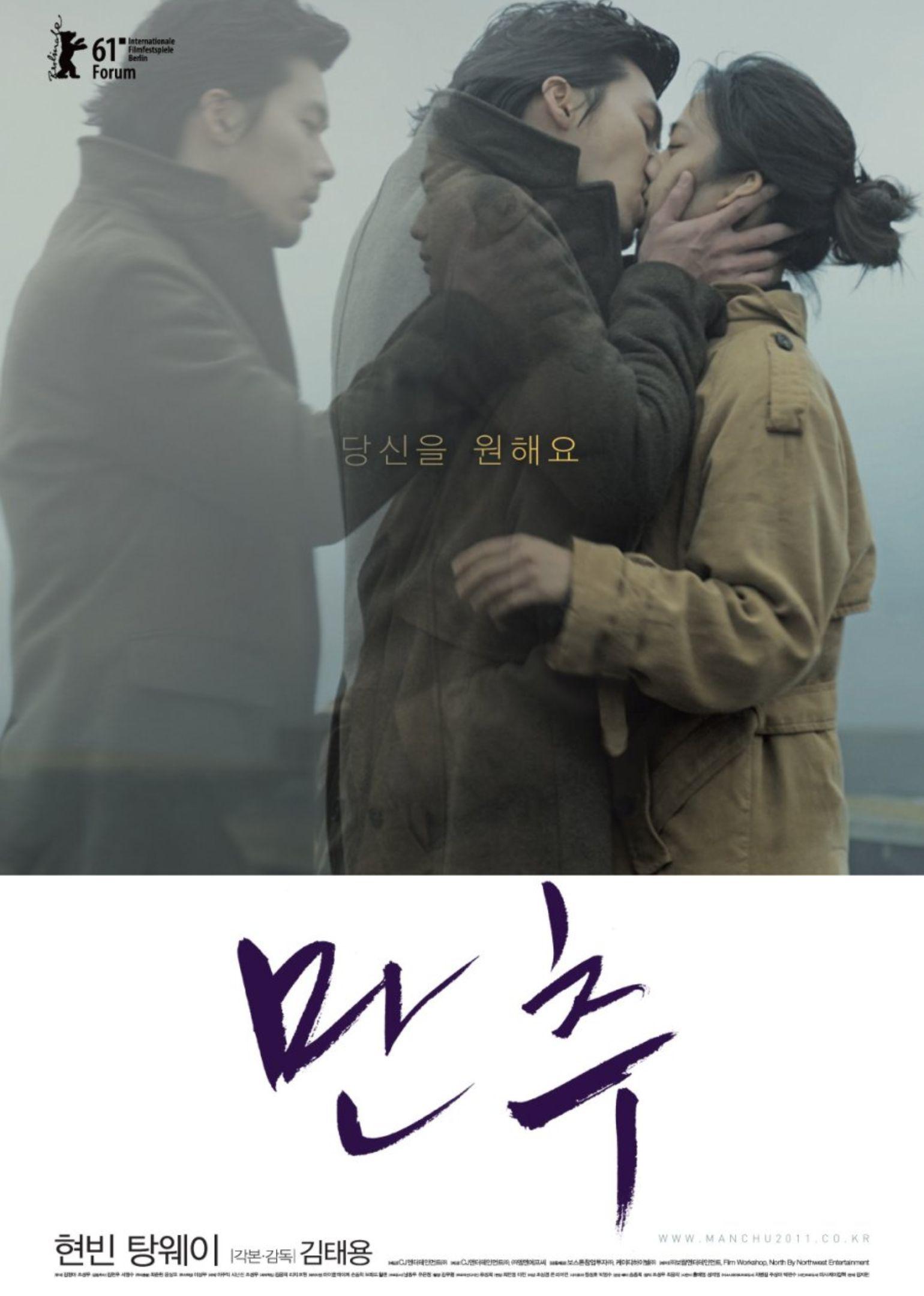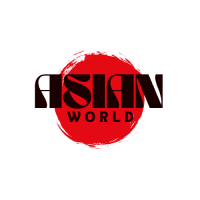
Late Autumn
Anna Chen (Tang Wei), a woman imprisoned for killing her abusive husband, is granted a 72-hour leave to attend her mother’s funeral. On her way to Seattle, she crosses paths with Hoon (Hyun Bin), a charming and mysterious Korean gigolo on the run. Their brief yet intense encounter unfolds into an unexpected romance, changing the course of their lives forever. As they navigate the melancholic streets of Seattle, Anna and Hoon find solace in each other’s company, despite their troubled pasts. Anna, hardened by years behind bars, slowly opens her heart, while Hoon, hiding secrets of his own, discovers a connection he never anticipated. Their fleeting time together is filled with unspoken emotions, longing glances, and the bittersweet beauty of love that seems destined to slip away. Directed by Kim Tae-yong, Late Autumn is a visually stunning Korean film that captivates audiences with its deeply emotional storytelling and breathtaking cinematography. The performances of Tang Wei and Hyun Bin add layers of depth to this slow-burning yet powerful love story, making it a must-watch for fans of romance and melodrama. Will Anna and Hoon defy the odds and rewrite their fates, or will their love remain just a fleeting memory? Late Autumn (2011) is a poignant exploration of love, redemption, and the bittersweet nature of human connections.
Details
🙂 Native Title: 만추 (Manchu)
🌎 Also Known As: Late Autumn (2010)
🎭 Genres: Drama, Romance
🏷 Tags: Remake, Prisoner, Forbidden Love, Tragic Past, Cross-Cultural Romance
✍ Screenwriters: Kim Tae-yong, Lee Man-hee
🎬 Directors: Kim Tae-yong
🇰🇷 Country: South Korea, United States, China, Hong Kong
🎬 Release Date: February 17, 2011
📺 Original Network: N/A
⏰ Duration: 115 minutes
🔞 Content Rating: 15+ (suitable for ages 15 and older)
Best Scenes
- Silent Role-Playing Scene – Anna and Hoon watch a couple arguing in the distance and create their own imaginary conversation, showing their growing bond.
- Bus Ride Confession – The moment where Hoon playfully flirts with Anna on the bus, slowly breaking down her emotional walls.
- Hotel Room Tension – A mix of vulnerability and attraction unfolds when Hoon and Anna share a quiet yet intense moment in their hotel room.
- Ferry Goodbye Scene – A heartbreaking farewell where unspoken emotions weigh heavier than words as Anna and Hoon part ways.
- Final Glimpse at the Station – The ambiguous yet emotional final shot leaves viewers questioning whether fate will bring them together again.
Filming Locations
- Seattle’s Pike Place Market – A key filming spot that adds an authentic, melancholic charm to the movie’s atmosphere.
- Seattle Ferry Terminal – Used to capture the poignant goodbye scene, emphasizing the transient nature of Anna and Hoon’s relationship.
- Downtown Seattle Streets – The city’s rainy, gray tones complement the film’s melancholic mood and themes of isolation.
- Cheap Motels and Public Transport – Used strategically to highlight Anna’s restricted life and Hoon’s temporary existence.
- Lake Union Park – A lesser-known but visually stunning location used in the film to create a moment of peaceful reflection for the characters.
Visual Design and Costumes
- Muted Color Palette – The film’s cinematography relies on gray, beige, and earth tones to reflect the characters’ loneliness and emotional distance.
- Anna’s Simple Attire – She wears plain, modest clothing that symbolizes her detached and resigned personality after years in prison.
- Hoon’s Stylish Contrast – His tailored coats and polished look create a stark contrast, reinforcing his role as an outsider in Anna’s world.
- Use of Shadows and Reflections – The film frequently uses dim lighting and reflections in windows and mirrors to reinforce the theme of isolation.
- Minimalistic Set Design – The sets, from the motel room to the ferry, are kept intentionally bare to keep the focus on the emotional weight of each scene.
Themes and Messages
- Loneliness and Redemption – Both Anna and Hoon are lost souls seeking connection, even if only for a brief moment.
- Fleeting Love and Fate – The story highlights how love can be transient yet impactful, leaving a lasting mark on one’s life.
- The Burden of the Past – Both characters struggle with their past mistakes, showcasing how history shapes our present choices.
- Cultural Barriers and Communication – Despite speaking different languages and coming from different backgrounds, Anna and Hoon form an unspoken bond.
- Freedom vs. Constraint – While Anna is legally bound by her past, Hoon lives a life of momentary freedom—both are trapped in different ways.
Interesting Facts
- Tang Wei Was Almost Rejected for the Role – Due to her controversial past in China, Tang Wei initially faced challenges being cast in the film.
- Primarily an English-Language Film – Although a Korean production, most of the dialogue is in English to fit the characters’ immigrant backgrounds.
- A Remake of a 1966 Film – Late Autumn is actually a remake of the classic Korean film of the same name by Lee Man-hee.
- Hyun Bin Took Acting Classes in English – To prepare for his role, Hyun Bin worked extensively on his English pronunciation and dialogue delivery.
- International Acclaim – The film premiered at the Berlin International Film Festival and received praise for its artistic cinematography and storytelling.
Awards
Here are the awards received by the film “Late Autumn” (2010):
-
2011 Fribourg International Film Festival:
- E-Changer Award
- Special Mention of the Jury of the International Federation of Film Societies
-
2011 Baeksang Arts Awards:
- Best Actress: Tang Wei
-
2011 Grand Bell Awards:
- Best Music: Jo Seong-woo, Choi Yong-rak
-
2011 Korean Association of Film Critics Awards:
- Best Actress: Tang Wei
- Best Music: Jo Seong-woo
-
2011 Busan Film Critics Awards:
- Best Film
- Best Actress: Tang Wei
-
2012 KOFRA Film Awards:
- Best Actress: Tang Wei
These accolades highlight the film’s critical acclaim, particularly recognizing Tang Wei’s outstanding performance.
Real-Life Loves on Set
While the 2010 film “Late Autumn” starred Hyun Bin and Tang Wei as on-screen lovers, there is no public record of a real-life romantic relationship between them. However, Tang Wei did develop a romantic relationship with the film’s director, Kim Tae-yong. They married in 2014.
As for Hyun Bin, he began dating actress Son Ye-jin, his co-star from the 2018 film “The Negotiation” and the 2019-2020 television series “Crash Landing on You.” Their relationship was confirmed in January 2021, and they married in March 2022.











